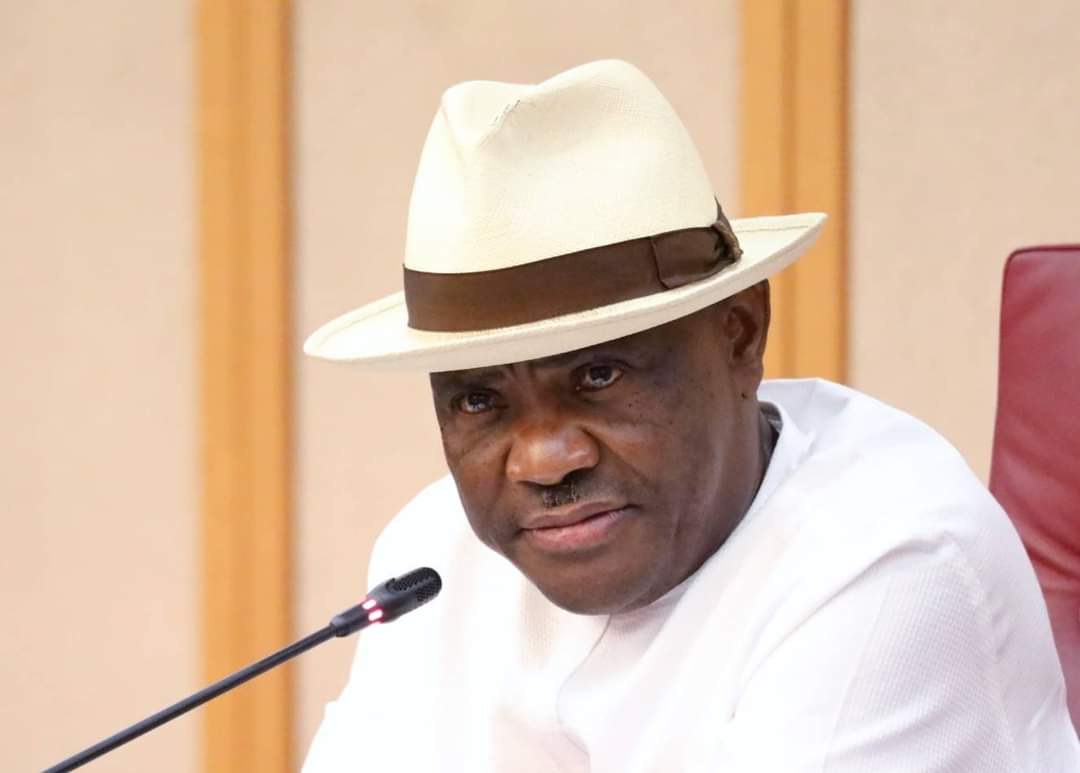Tinubu's $5Billion Oil-Backed Loan Deal With Aramco Stalls Amid Nigeria's Oil Price Slump, Bankers' Concerns | Sahara Reporters
The sluggish progress reflects the broader impact of falling oil prices, largely influenced by OPEC+ policy shifts aimed at regaining market share rather than restricting supply.
Nigeria and Saudi Arabia’s oil giant, Aramco, are facing challenges in finalising a landmark $5 billion oil-backed loan, as a recent downturn in crude prices raises concerns among banks expected to support the deal, according to four sources cited by Reuters.
The facility, which would be Nigeria’s largest oil-backed loan to date and Saudi Arabia’s most significant financial engagement in the country, is now at risk of being downsized due to the decline in oil prices, sources revealed.
President Bola Tinubu initially proposed the loan during his meeting with Saudi Crown Prince Mohammed bin Salman at the Saudi-African Summit in Riyadh last November. While discussions have continued, details of the negotiations had not been publicly disclosed until now.
Oil Prices Complicate Loan Negotiations
The sluggish progress reflects the broader impact of falling oil prices, largely influenced by OPEC+ policy shifts aimed at regaining market share rather than restricting supply.
Brent crude has dropped nearly 20%, slipping from over $82 per barrel in January to around $65 per barrel.
This decline may require Nigeria to commit more oil barrels to secure the loan, but long-standing underinvestment in the sector has made meeting production targets increasingly difficult.
Last month, Tinubu sought approval for $21.5 billion in foreign borrowing to strengthen Nigeria’s budget, with the proposed $5 billion oil-backed loan from Aramco positioned as a key component of that financial strategy, according to sources.
Bankers Voice Concerns
Banks in talks to co-finance part of the loan with Aramco have raised concerns over oil delivery delays, slowing negotiations, sources said. The discussions involve Gulf lenders and at least one African bank, though Reuters could not confirm their identities
"It's hard to find anyone to underwrite it," one source said, citing concerns over the availability of the cargoes.
Nigeria has a long history of securing and repaying oil-backed loans, which it typically uses to bolster budget support, shore up foreign reserves, or overhaul state-owned refineries.
Sources say that the proposed $5 billion loan from Aramco would be backed by at least 100,000 barrels of oil per day. However, this new loan would almost double the total oil-backed loans—approximately $7 billion—that Nigeria has taken in the past five years.
Currently, at least 300,000 barrels per day are used to repay other oil-backed loans from the Nigerian National Petroleum Corporation (NNPC), although one of these facilities is expected to be paid off this month. While the volume of crude allocated to loan repayments is fixed, a decline in oil prices means it takes longer to settle these debts. Lower prices also force the NNPC to allocate more crude to joint-venture partners, which range from international majors like Shell to domestic producers such as Oando or Seplat, to cover its share of operational costs.
"You have to either find more oil, or find a way to renegotiate those deals," another source said.
Oando to Handle Offtake
Sources indicate that Nigerian trading firm Oando is set to oversee the offtake of physical cargoes. Meanwhile, the Nigerian National Petroleum Corporation (NNPC) is working to ramp up oil production, as President Bola Tinubu has issued an executive order aimed at reducing costs and maximizing revenue per barrel.
Nigeria, Africa’s largest oil exporter, had based its budget on a projected oil price of $75 per barrel, with an estimated production level of 2 million barrels per day (bpd). However, in April, actual output fell short, reaching just under 1.5 million bpd, according to OPEC’s May market report.
Saudi Aramco declined to comment, while Nigeria's state-owned oil company, NNPC, also remained silent on the matter. Similarly, both the finance and petroleum ministries did not issue any comments, and Oando did not respond to questions from Reuters.
During President Muhammadu Buhari's administration, Nigeria secured several oil-backed loans to support its economy, stabilise foreign exchange, and finance government projects.
Nigeria did take oil-backed loans, most notably from institutions like Afreximbank and international lenders. One significant deal was the $1.5 billion loan from Afreximbank in 2021, which was backed by crude oil and aimed at stabilising Nigeria's economy and foreign exchange reserves.
Another major oil-backed loan was the $3 billion crude-for-cash agreement with international traders in 2020, which allowed Nigeria to exchange crude oil for immediate cash flow to fund government expenses.
Also, $3.3 billion loan from the African Export-Import Bank (Afreximbank), was obtained in August 2023.
This loan was backed by crude oil revenues and aimed at stabilising market liquidity following the removal of fuel subsidies and the unification of the foreign exchange market.
Reports indicate that over the past five years, Nigeria took approximately $7 billion in oil-backed loans, with at least 300,000 barrels per day (bpd) allocated for repayment.
The country also engaged in crude-for-refined-products swap deals, where crude oil was exchanged for refined petroleum products due to domestic refining challenges. These agreements contributed to Nigeria's financial obligations and impacted its ability to generate revenue from crude sales.









